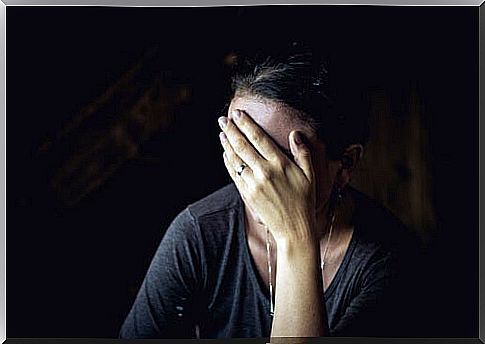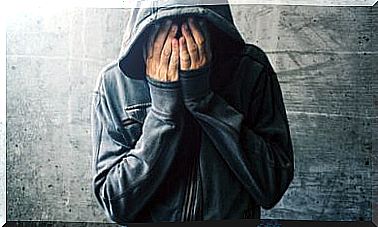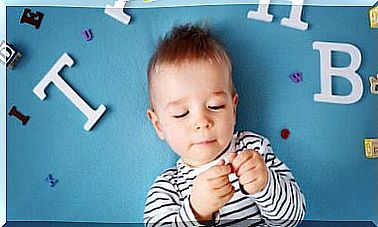Guilt, One Of The Greatest Enemies Of Happiness

Guilt is above all an emotion. Sigmund Freud already pointed out at the time that few dimensions were as complex to accept as this state. Hence, we raise a whole series of defense mechanisms so that we do not face it as it deserves, hence we derive many times in situations where anxiety and anguish end up making a dent in well-being.
Concepción Arenal, one of the main founders of social action, said that “when the fault belongs to many, the fault belongs to nobody”. Thus, I wanted to imply that the value of guilt is mainly linked to the cultural framework in which we find ourselves and, specifically, to the moral value in which we have been brought up.
In fact, anthropologists and sociologists have also proposed numerous hypotheses on this subject, which, as we see, often transcends the territory of psychology. The truth is that the causes of this feeling of guilt are often related to a struggle between established values. Also to the opposition with their own common sense, which pushes them to act in a certain way.

The guilt, the emotion that slowly destroys
A person may feel guilty about something they did, something they didn’t do, something they thought they did, or not doing enough for someone. Few emotions are so troublesome and dangerous at the same time. We cannot forget, for example, that those who carry this burden often end up hurting others by projecting their own guilt onto others.
Thus, studies such as those carried out by June Price Tangney and Jeff Stuewig, from George Mason University, Fairfax, Virginia, point to something interesting. Often times, another dimension is added to the feeling of guilt: shame. We are ashamed of ourselves for not having acted as we wanted at a given moment.
Guilt and self esteem
The implication of guilt can undermine self-esteem. We distort our reality, have a negative internal dialogue and develop a very exhausting vision of ourselves.
- The emotional exhaustion that is experienced, runs with fatigue, helplessness and often even with anger. We hate ourselves and sometimes we even project this discomfort onto others.
The three components of guilt
The blame cycle feeds on three basic dimensions: lack of self-acceptance, shame, and discomfort. No matter what we do or stop doing, on a day-to-day basis, every act will take us to that point where the feeling of guilt resides. All thoughts, all dynamics in which we are immersed, will end up bordering on that internal wound that we do not repair or face properly.
The lack of acceptance towards ourselves and that critical vision inevitably eats away at us. Later the shame appears, which is nothing more than the rejection of the own person. These two components intensify greater discomfort on a daily basis.
Therapy to cope with guilt

Acceptance and Commitment Therapy (ACT) is a good therapeutic framework to face these types of situations. It will allow us the following:
- Recognize negative thoughts, accept them as part of who we are in this moment.
- Commit to generating changes.
- Embracing and accepting our mistakes, being more compassionate with ourselves, and building self-esteem.
Likewise, it will also be appropriate to take the following measures.
- Putting distance from people who do not hesitate to feed the feeling of guilt about us. There are individuals with a special ability to raise our anxiety, to wear us down, to violate self-esteem.
- Mental exercises to relativize the conflict: through this technique we learn to visualize the situation from an external prism, where we can control emotions and have a greater sense of control.
- Free yourself from the obsessive sense of responsibility. The writer Fyodor Dostoevsky claimed that “it is my fault, my personal fault, if the world is going badly.” This tormented author in whose works a great psychological value is revealed gave with this phrase the main key to not feel guilty about everything. The person suffering from constant guilt must learn to accept the world as it is regardless of how it is.
To conclude, although in many cases we can manage guilt ourselves by changing our focus and improving our self-esteem, sometimes it is necessary to seek expert help. We cannot ignore the fact that guilt can become chronic and plunge us into states of great psychological wear and tear.









